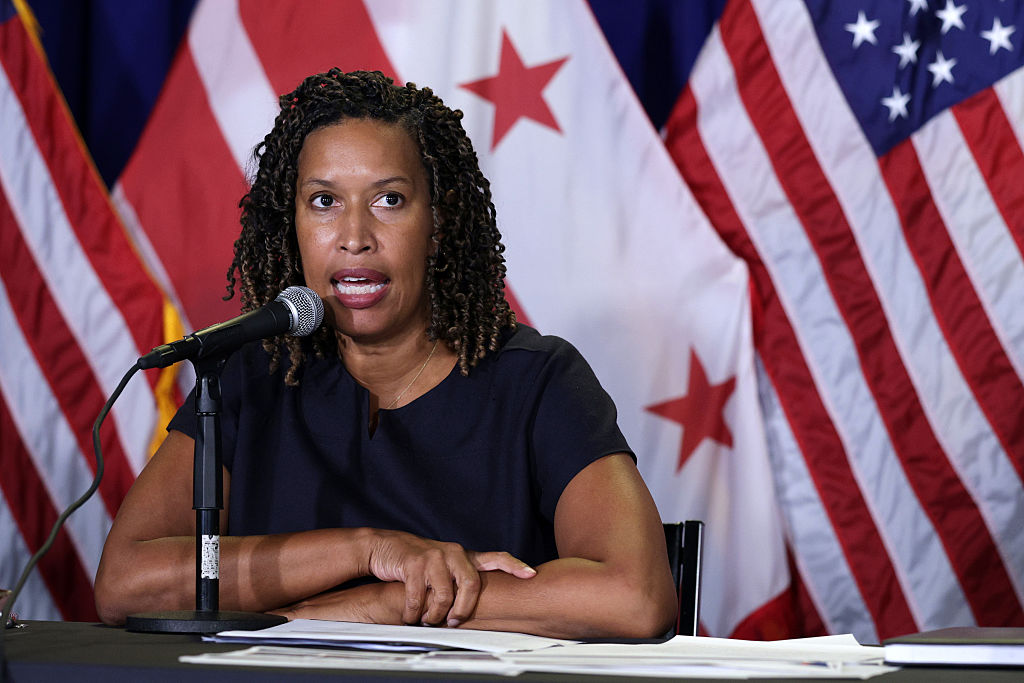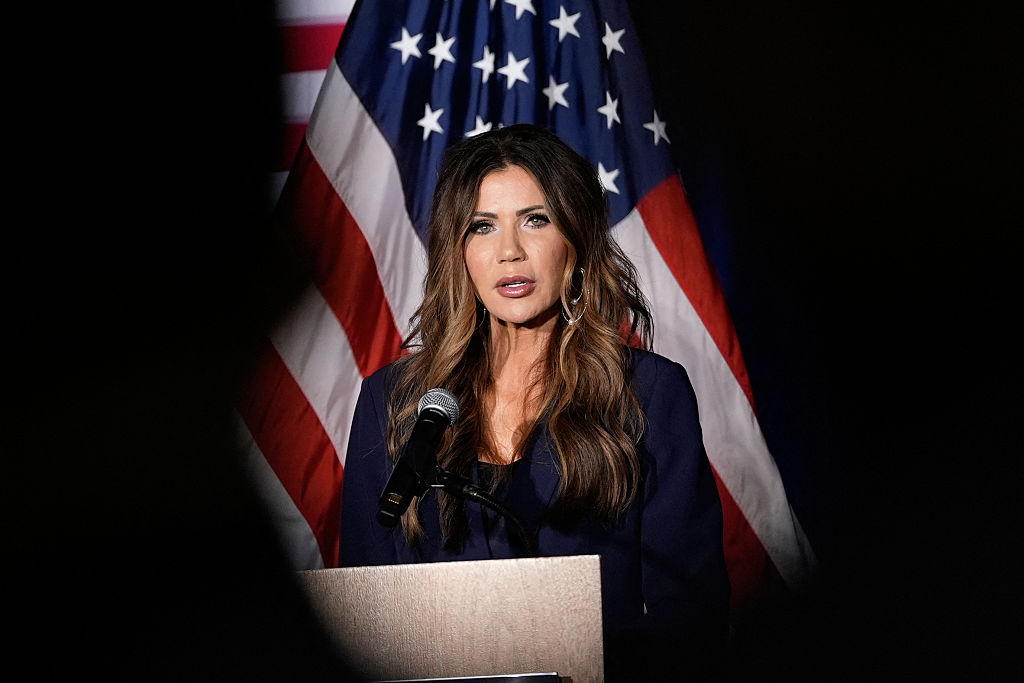Mayor Muriel Bowser has found herself in the middle of a political tightrope – and it’s one that many Democrats may soon have to walk. In response to rising crime and public unease, the Washington, DC Mayor acknowledged something few in her party dare to admit: that Donald Trump’s federal “surge” of law enforcement officers actually made the city safer.
“This federal surge has had a significant impact on crime in Washington, DC, and we greatly appreciate the surge of officers that enhance what MPD has been able to do in this city,” Bowser said at a press conference yesterday.
That single sentence captures the dilemma of the modern Democratic party. At a time when progressive leaders downplay crime concerns as either exaggerated or rooted in right-wing fear-mongering, Bowser’s comments cut against the grain. She gave credit where it was due – to Trump – while at the same time rejecting his proposal to send in the National Guard. It’s an approach that shows both independence and restraint, and it highlights the broader challenge facing Democrats: how to be tough enough on crime to reassure the public without conceding the narrative to their opponents.
The political class often gets stuck in a numbers game. In recent years, experts have pointed out that violent crime in DC has ebbed and flowed but is still lower than its early-1990s peak. Statistically, they’re right. But residents don’t live by long-term averages; they live by what they see on their block. In 2015, homicides in DC spiked by more than 50 percent compared to the year before. Robberies and assaults were also on the rise. You didn’t have to be a policy wonk to notice that the streets felt less safe.
Bowser recognized that reality. Her acknowledgment that the federal surge “had a significant impact” shows she understands that people want to feel safe – when they walk home from the Metro, when their kids play outside, when they close up shop at night. Leaders who dismiss those fears as paranoia are telling voters, in effect, not to trust their own eyes. That is a losing strategy.
At the same time, Bowser resisted Trump’s more heavy-handed solution: sending in the National Guard. On this point, she was absolutely right. Crime prevention is fundamentally a local responsibility. Residents expect their city officials and police department to take the lead, not the Pentagon. While a temporary boost from federal officers can help, relying on military deployment to patrol American streets sets a dangerous precedent. Conservatives, too, should be wary of normalizing that kind of federal overreach.
Bowser’s willingness to draw a line here is noteworthy. She didn’t fall into the trap of reflexive partisanship – she praised what worked, rejected what didn’t and staked out a nuanced position. That’s leadership, whether you agree with her politics or not.
Still, Bowser’s balancing act comes with risks. If residents continue to feel unsafe, they will credit Trump’s surge, not the mayor’s steady hand. Political perception mirrors public perception: voters reward whoever they believe made them safer, whether or not the data backs it up.
That means Bowser could find herself outflanked from both sides. Progressives may accuse her of caving to Trump, while conservatives will argue she only validated what they’ve been saying all along. But if she manages to keep crime under control without ceding local authority, she may point the way forward for Democrats in other cities who face the same dilemma.
The broader lesson is this: Democrats cannot afford to dismiss crime concerns as a manufactured talking point. Ordinary people don’t experience crime as an abstraction; they experience it as a daily reality that shapes their neighborhoods and their choices. If voters perceive that their leaders aren’t listening, they will turn to anyone who promises action – even if it’s a president they otherwise distrust.
Bowser deserves credit for not joining the reflexive chorus of her party that insists crime concerns are invented. She recognized both the value of additional officers and the danger of military overreach. In doing so, she threaded a needle that her fellow Democrats may eventually need to follow.
Muriel Bowser’s praise for Donald Trump
The DC Mayor acknowledged something few in her party dare to admit: that Trump’s federal ‘surge’ actually made DC safer

Mayor Muriel Bowser (Getty)
Mayor Muriel Bowser has found herself in the middle of a political tightrope – and it’s one that many Democrats may soon have to walk. In response to rising crime and public unease, the Washington, DC Mayor acknowledged something few in her party dare to admit: that Donald Trump’s federal “surge” of law enforcement officers actually made the city safer.“This federal surge has had a significant impact on crime in Washington, DC, and we greatly appreciate the surge of officers that enhance what MPD has been able to do in this city,” Bowser said at…

























Leave a Reply